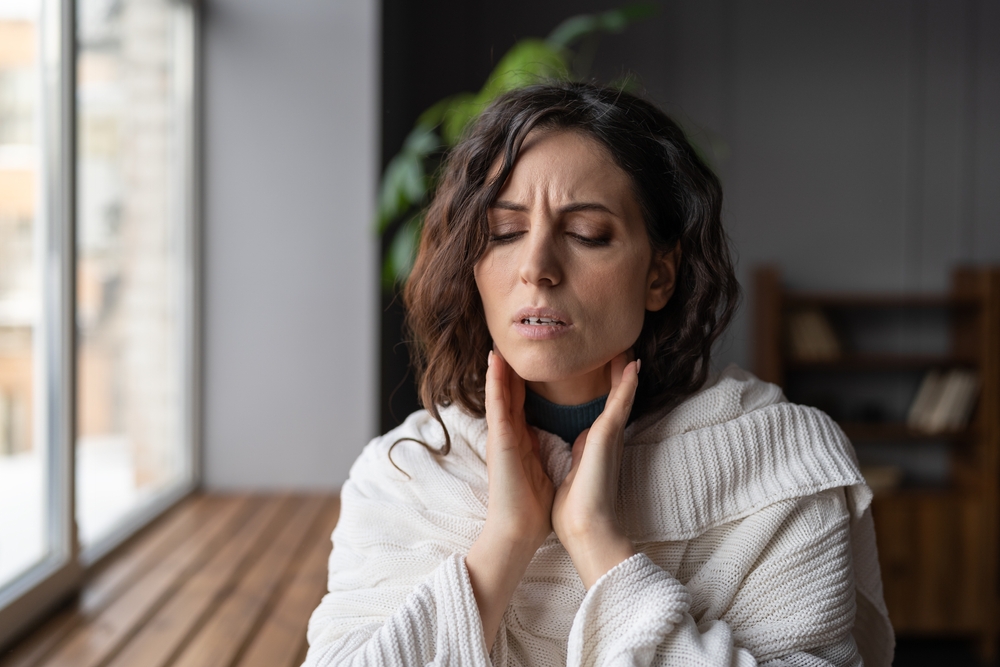“It’s not the years… It’s the mileage.” It’s a simple quote, but this one line from Raiders of the Lost Ark stands out as one of the most memorable in cinema history. The truth, though, is that sometimes it is the years. There are certain issues that come up primarily due to age (and there are others, as Indiana Jones eludes to, that develop due to wear and tear).
Where does hearing loss fall on that spectrum? Just how much of your hearing loss is age-related? Socially and culturally, we’re conditioned to think of hearing loss as a natural artifact of the aging process. I suppose it’s time to figure out just how true that is.
What happens to your ears as you age
The cliche is the TV volume. Your grandparents would listen to their television (usually the evening news, right?) at staggeringly loud volumes and then proceed to claim that their hearing was just fine as the voices of local news anchors echoed through the house.
And now maybe you’re noticing the same thing in your own home. Maybe you’re slowly turning the volume up, one bar at a time, month after month or year after year. Because you observed that same behavior in someone who was on the older side, it makes sense to assume that something is happening to your hearing as you age.
What is normal hearing loss with age?
What really happens to your ears over the years? Well, here’s what we can typically attribute to aging:
- The acuity of your “hearing” nerves deteriorates. This happens through simple wear and tear related to use.
- The parts of your ear responsible for balance can also “wear out” as you age.
And that’s it. Well, not really. But the list of what can be solely attributed to aging, as far as the research shows, is quite short. It’s really when age is combined with other factors that you start to see a spike in so-called “age-related hearing loss.”
Complicating health factors that affect hearing
And that brings us to some of the complicating factors that might accelerate or exacerbate your hearing loss. We can usually divide these factors into two very broad categories: nature and nurture.
Nature-Related complicating factors
Your genetics will have a huge impact on how well your hearing holds up over the years. Some people seem genetically predisposed to resist more damage than others. And it’s never easy to quantify precisely how much influence genetics may have. Let’s just say that hearing specialists ask about family history for a reason. If there’s a strong tendency towards hearing loss in your family, your own risk may be heightened.
Nurture-Related complicating factors
There’s normal wear and tear and then there’s noise-related hearing damage. Significant noises can damage your ears, especially if those sounds are prolonged–and that’s true even at moderate volumes. The problem is that we tend to have a very inaccurate concept of the threshold for damaging sounds. The more damage your ears absorb over the years, the more likely you are to develop hearing loss down the road.
And then there’s cognition
It may seem as though your ears are doing most of the work when you hear something, but that’s not entirely accurate. Hearing is more like a joint project between your ears and your brain. Your brain changes for all kinds of reasons throughout your life, age being one such reason. So as your brain changes, as your cognition changes, you may experience diminishing results from your hearing as well–even if your ears are perfectly healthy.
How to prevent hearing loss in “old age”
Of course, all of this is incredibly challenging to quantify and it’s even harder to predict precisely how your environment, your genetics, and your cognition will combine to affect your hearing as you age.
That’s why it’s prudent to focus on what’s within your sphere of control. That means taking time to protect your hearing and to quickly treat any hearing loss that may develop. The more proactive you are with your hearing, the less of a problem you’re likely to have.
In other words, when you find yourself falling into the cliche of the extra-loud TV, that could be a sign that the years and the mileage have both begun to catch up with your ears. And it’s time to start thinking about taking your hearing loss seriously.



